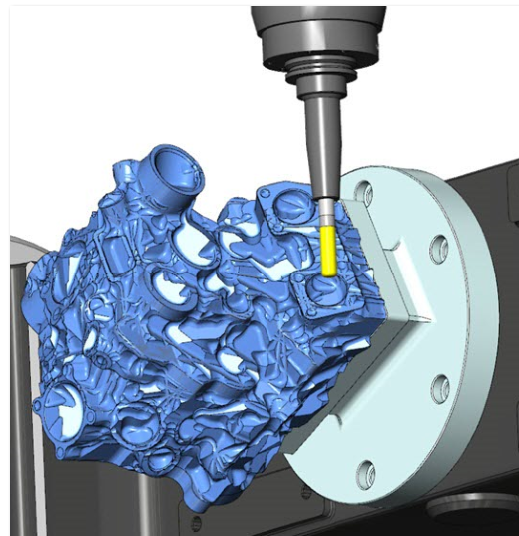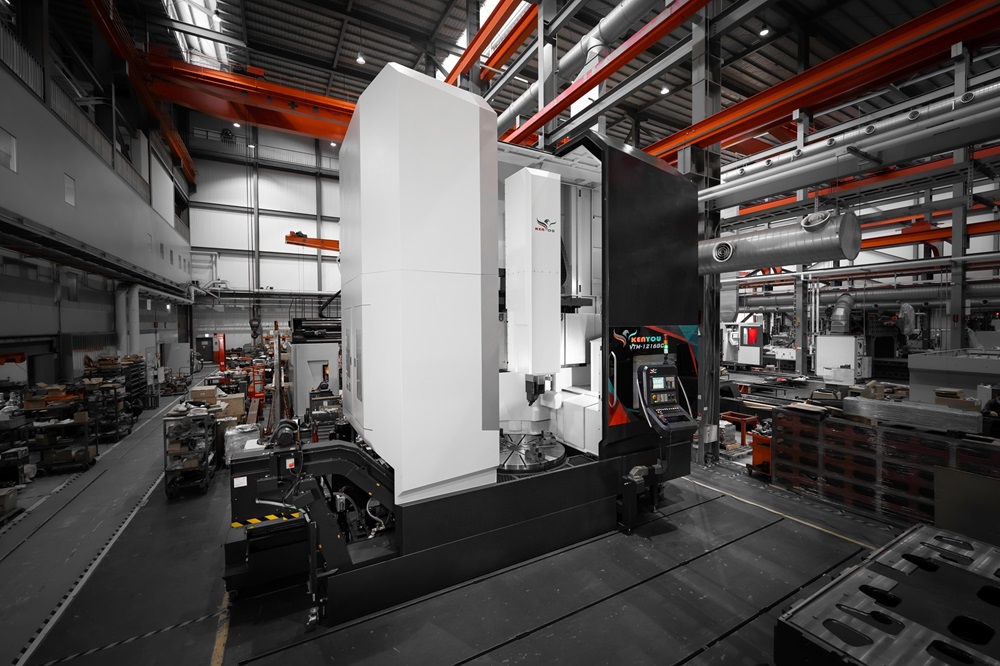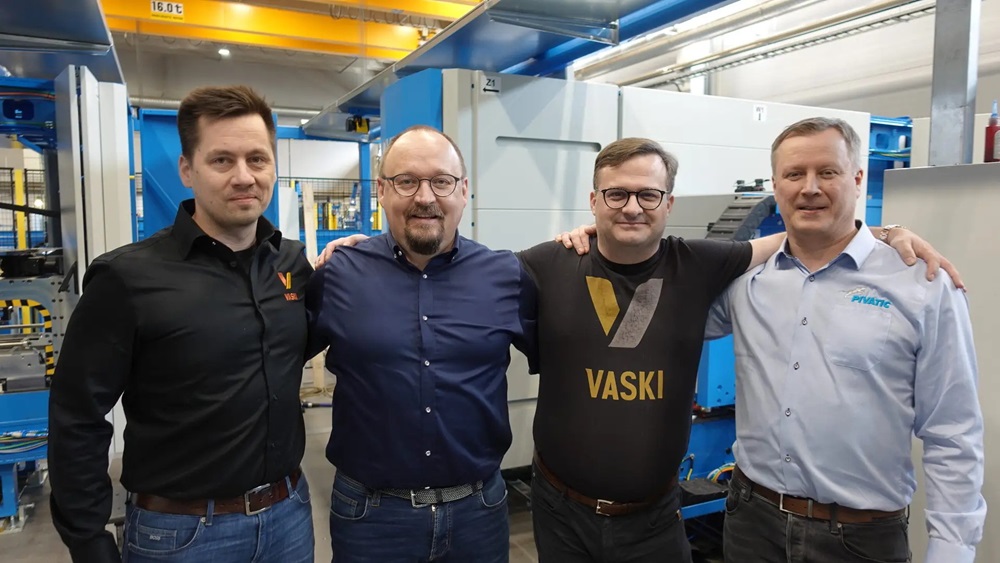Manufacturing is having a far greater impact on the UK economy than first thought according to a major new report. ‘The True Impact of UK Manufacturing’, which was unveiled at the MACH 2024 exhibition in Birmingham last week, shows industry is worth £518bn and supports 7.3m UK jobs directly and across the supply chains/communities in which it operates. This represents nearly a quarter of total GDP (23%) and far bigger than the direct contribution of 8.2% that economists usually quote.
Carried out by Oxford Economics and the Manufacturing Technologies Association (MTA – organiser of the biennial MACH exhibition), the in-depth report also shows that ‘making things’ accounts for 34.5% of all UK goods and services exports, while the median wage is £31,300, some 11% higher than the national median wage.
The findings are even more impressive considering that the sector has had to navigate a myriad of challenges outside its control in recent years, including changing relations with the European Union, the Covid-19 pandemic, unprecedented increases in energy costs, and global supply chain fragility and international conflicts.
The MTA’s CEO James Selka is now urging the sector to build on this report by exploring ways in which it can address the skills shortage and develop successful programmes, such as the High Value Manufacturing Catapult Centres, to increase wealth creation by commercialising more of the great ideas and innovations born in the UK.
“This is a fantastic insight into the true impact of manufacturing in the UK and reinforces what many of us already know: that industry is a far greater contributor to GDP and jobs than listed in national accounts,” he says. “Our report has been designed to take a ‘deeper dive’ and looks at the direct, indirect and induced impacts of manufacturing, which is a far more comprehensive overview of what we make, the complex nature of our supply chains and the economic benefit gained from the spending of wages by those employed in our sector.”
He continues: “The results illustrate that manufacturing accounts for £518bn of GDP and supports 7.3m jobs, most of which enjoy higher than average wages. We’re also a part of the economy that invests heavily in new technologies, with nearly half (47%) of total R&D investment made by manufacturers. You only had to visit MACH last week to see this first-hand, with more than 500 companies showcasing the latest in automation and robotics, additive manufacturing, software, advanced CNC machining, and measurement and inspection solutions.”
The MTA is now calling on a well-integrated commitment from the whole nation to help industry realise its potential, ranging from business leaders and academics to policymakers so crucial in developing a cross-party industrial strategy.
The recent Advanced Manufacturing Plan – accompanied by support worth £4.5bn – has been welcomed as a step in the right direction and an important vehicle in helping to cultivate the new technologies and industries, such as electrification, lightweighting, less carbon-intensive materials and renewable energy.
Introducing new measures that increase exports should also be a priority and there is an unprecedented opportunity to deliver critical sovereign capabilities from public health to defending the realm.
The True Impact of UK Manufacturing report was officially launched at MACH 2024 by MTA president Tony Bowkett. Set over five days at the NEC in Birmingham (15-19 April), this biennial event is the biggest in the UK’s industrial calendar and attracts over 30,000 people from the manufacturing community and more than 500 exhibiting companies.
Figures are still being calculated, but the MTA estimates that over £200m of business was completed during the week as some of the country’s most innovative firms unveiled new technologies and machines designed to boost productivity and global competitiveness.
MACH 2024, which had a huge focus on sustainable manufacturing and carbon reduction through its six Knowledge Hubs, was also big attraction for young people looking for a career in industry, with 3500 students (aged between 12 and 18) estimated to be in attendance.
Headline sponsors Lloyds Bank welcomed the findings of the latest report. David Atkinson, UK head of manufacturing SME and mid-corporates, says: “As this report highlights, manufacturing is an integral part of the UK economy, through GDP contribution, job creation, and as a source of high wages. When you consider the sector’s extended reach through its supply chains and beyond, you can really start to see the scale of its contribution.”
He adds: “Manufacturers have demonstrated agility and resilience in the past few years of uncertainty, and we are responding by continuing to invest in partnerships in the sector that ensure it has the skills, tools and support needed to compete on a global scale.”
Stephen Phipson, CEO of Make UK, concludes: “Manufacturing has always been a strategically important sector for UK economy and, none more so than now given the immense societal, political and economic challenges that we face. Just as the first industrial revolution provided a step change, the accelerating pace of technological change of the fourth industrial revolution gives us a generational opportunity to do the same. This valuable report highlights to those in power now and in the future, how manufacturing is greater than the sum of its parts.”
Download the full report at www.bit.ly/4cTtoBD


















